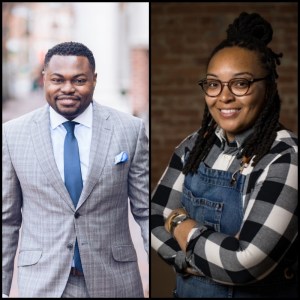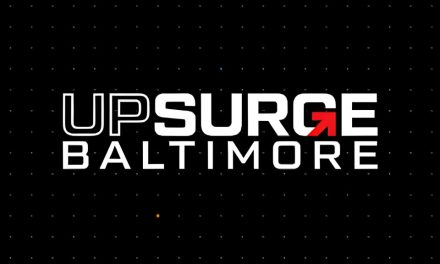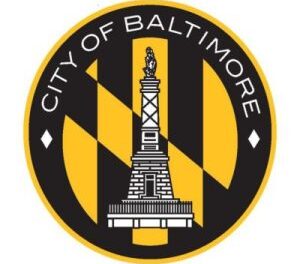By Megan Sayles,
AFRO Business Writer,
msayles@afro.com
JPMorgan Chase recently celebrated the anniversaries of the Chase Business Banking mentorship program in Washington, D.C. and Baltimore.
The three to six-month programs, which provide Black and Brown entrepreneurs with one-on-one coaching from senior business consultants, professional development opportunities, educational seminars and banking and credit solutions, have served more than 300 minority business owners in D.C. and Baltimore since their respective inceptions in 2021 and 2022.
“My colleague and I are currently mentoring 112 minority businesses, and to us, it’s the commitment plus it’s emotionally-tied as well because we’re part of the community. Nothing is more gratifying than to see minority businesses come through the program, the resources they gain, the knowledge and understanding of both finances and really how to run their business,” said Hans Petit-Homme, JPMorgan Chase senior business consultant.
“We pride ourselves on educating business owners through the program, providing resources on a higher level, and we customize it. I think what’s special and unique about our program is it’s customized to the individual, to the business and to the industry.”

Jasmine Norton is the owner of the Baltimore-based Urban Oyster, the first oyster bar owned by a Black woman in the state of Maryland. She recently graduated from the Chase Business Banking mentorship program after four and a half months of one-on-one coaching with Petit-Homme.
Norton opened the Urban Oyster in 2017 to promote open-mindedness in food and make oysters more approachable for diners, particularly for those from African-American communities. According to the chef, African Americans’ history in the oyster industry dates back to the early 20th century.
“Even back to the early 1900s, Black people have been oystermen and laborers behind this food item, but we can’t enjoy them at the table because we’ve never really been exposed to it,” said Norton. “I think we need to literally be enjoying the fruits of our labor.”
In 2020, when the COVID-19 pandemic disrupted the world, Norton had to close the Urban Oyster’s brick-and-mortar location. The business primarily relied on dine-in service, so when social distancing guidelines were established, the location was no longer sustainable.
Since then, Urban Oyster has operated out of Hotel Revival and the Baltimore Farmers’ Market with plans to open another physical location this summer.
Norton chose to join the Chase Business Banking mentorship program after struggling to access capital. After evaluating her business, Petit-Homme promptly pinpointed that Norton needed to better understand her cash flow and ramp up her branding and marketing for business development.

He also introduced her to Community Development Financial Institutions (CDFIs) as a means of obtaining funding to expand Urban Oyster and encouraged her to create more streams of revenue for the business.
One of those streams is “Black Appetit,” a documentary series that amplifies the stories of African Americans in the food and beverage industry. The show is currently in production and will air on Youtube.
Norton said that Black business owners are oftentimes undereducated in financial literacy because they were never afforded the opportunity. She also said that they typically operate from a space of survival, not having the time to adequately learn about finances and business development.
“When you’re a person like myself or many others and you have mentors who are experts in certain spaces they can help guide and mold you in that space so that you can mitigate all of those mistakes that sometimes come with heavy costs,” said Norton.
Megan Sayles is a Report for America Corps member.
Related Articles
The post Chase Business Banking mentorship program celebrates one year in Baltimore and two years in D.C. appeared first on AFRO American Newspapers .











